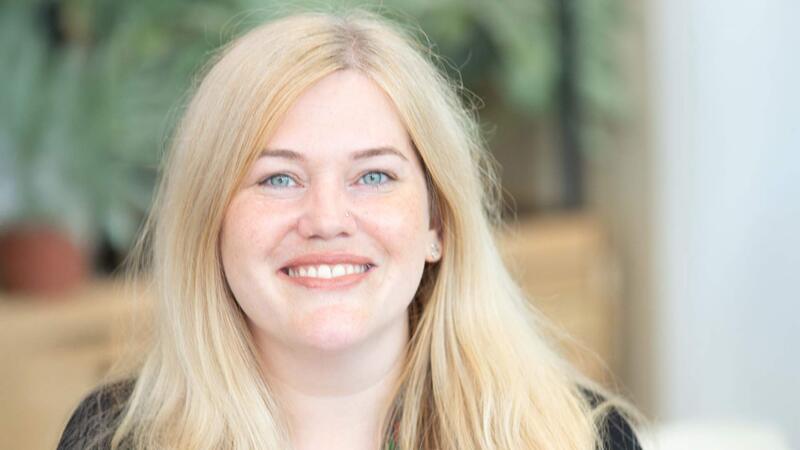You are viewing your 1 free article this month. Login to read more articles.
Greener libraries
Public services have an important role to play in tackling climate change, and libraries have the potential to make a real difference.
On 15th February 2013, Ella Roberta Adoo-Kissi-Debrah died following a severe asthma attack. She was nine years old and lived close to the south circular in Lewisham. She had suffered multiple seizures and been admitted to hospital many, many times. In 2020, following an inquest, the coroner concluded that “Ella’s mother was not given information about the health risks of air pollution and its potential to exacerbate asthma”. Ella’s mother said: “Because of a lack of information I did not take the steps to reduce Ella’s exposure to air pollution that might have saved her life. I will always live with this regret.”
That information poverty can have such profound consequences is, quite simply, heartbreaking.
I read about Ella’s death at the same time we were starting to think more deeply about the role of public services in tackling climate change. Up to that point, our conversations in Hampshire Library Service had focused on some fairly functional stuff—turning lights off, reusable coffee cups, that sort of thing. But Ella’s story made us realise there really was more to it than that.
Going green
There is so much we don’t know about climate change, but there is one thing we can be absolutely certain of: climate change will amplify existing inequalities. People with less access to information, less ability to prepare and adapt, and less ability to cope and recover will suffer the greatest impacts.
And suddenly it’s clear why libraries have a place at the table—a role that stretches far beyond the odd recycled coffee cup or tote bag. Because fundamentally, libraries are here to provide equal access to information. In the heart of our communities we offer books, resources and skills. We are a fundamental part of the social infrastructure that can help people understand and respond to the impact we are having on our planet.
This is why the work of the Green Libraries Partnership is so important. It brings the whole public library sector together and, in dealing with issues like climate change, togetherness really matters.
In January 2022, the Arts Council announced it would be investing in the development of work led by CILIP—also supported by the British Library, Libraries Connected and non-profit Julie’s Bicycle—to encourage good practice in libraries, raise awareness in communities and develop a proactive response to the issues presented by climate change. The Green Libraries Partnership was born.
The partnership wants a better future for planet and people. We want to do this by supporting librarians and library workers to understand how the services they provide can make a real difference to the people and communities they work with. We aim to encourage libraries to actively reduce their carbon footprint and increase awareness of environmental issues for the wider public by providing accessible resources. We want to do this in a way that builds a network of practitioners who can share and learn together through a Green Libraries Network.
An initial priority was to understand the “here and now”. A survey of public library services in England has just been completed; the goal is to understand how they are currently responding to climate change. The survey responses are to be published imminently. There looks to be a huge amount of energy and engagement from library services who want to make a positive difference. There is already a wide range of activity going on, from investing in book stock to develop collections relating to climate change, to developing capital bids to improve the energy efficiency of library spaces, to finding new and creative ways to engage different audiences with climate change issues. But there are also challenges—not just on how to access funding, but also around how to capture the data and evidence to provide direction and make change meaningful.
A springboard for change
Another part of the programme provides a small grant to 15 library services across England to fund climate-related projects. The projects selected include the creation of library gardens, training for library staff, creative approaches to engaging new audiences and finding ways to provide and communicate information and data. The projects will be delivered over the summer and by the end of the year will provide a set of case studies to help advise and inspire others.
A Green Libraries Manifesto has also been launched. This document is designed to identify common values and outline a set of commitments which any library service can sign up to. An anchor point for library services who want to make changes.
Underpinning all of this is a desire to help move beyond a conversation about how libraries “could” contribute to the climate change debate and move towards a position where services have the support, information and networks they need to take practical, meaningful action.
We all know libraries are uniquely placed to deliver so many social benefits and our contribution to climate change is no different. Libraries have the potential to make a real impact—we just need to work together to tap into the power we already have.




















